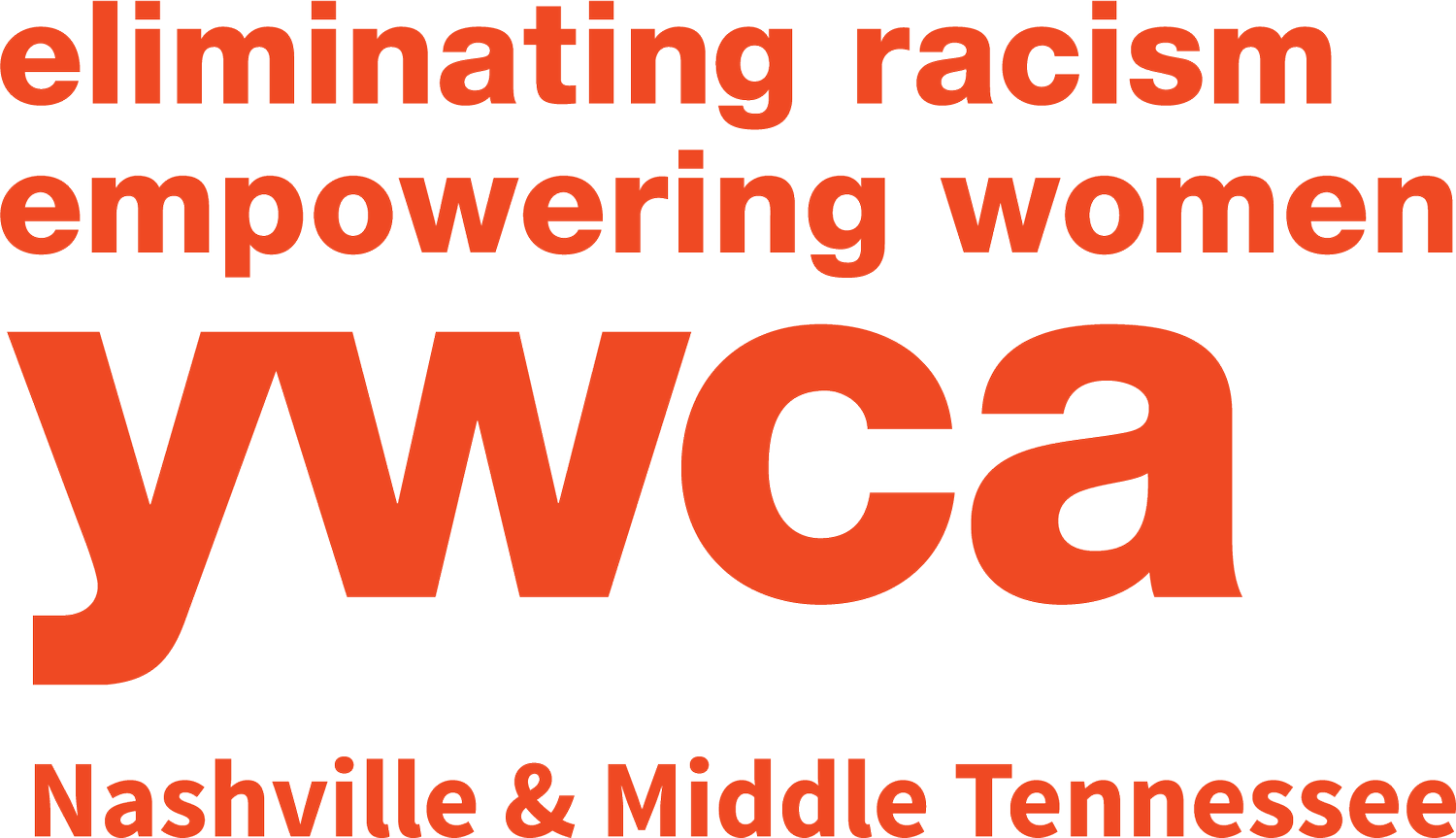Social Justice
& Advocacy ↘
YWCA is dedicated to eliminating racism and empowering women and promoting peace, justice, freedom, and dignity for all. Social justice is embedded into the work we do internally as an organization and externally in the community with our clients and partner organizations.
Our advocacy efforts are focused on:
Health, Safety, and Empowerment
Gender-Based Violence
Racial Justice
Civil & Human Rights
-

Stand Against Racism Community Rally
The annual Stand Against Racism Rally and Advocacy Fair engages the community in vital conversations surrounding racial justice and equity. It offers an opportunity for individuals and organizations to join forces and make a meaningful impact in the ongoing struggle against racism.
-

Stand Against Injustice Webinar Series
Our Stand Against Injustice monthly virtual lunch-and-learn series explores how race and the legacy of discrimination continue to affect our lives. The 2023-24 season is supported through a generous grant from the Nissan Foundation, Alliance Bernstein, and the Harnisch Foundation.
-

Racial Justice Challenge
The Racial Justice Challenge, presented by the Harnisch Foundation, is a 21-day, virtual learning tool, designed to create dedicated time to build more effective social justice habits, particularly those dealing with issues of race, power, privilege, and leadership. Join us for our next Challenge, beginning April 1.

